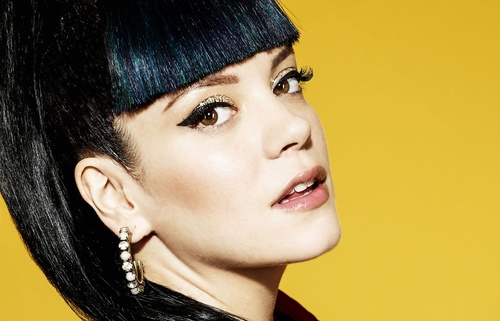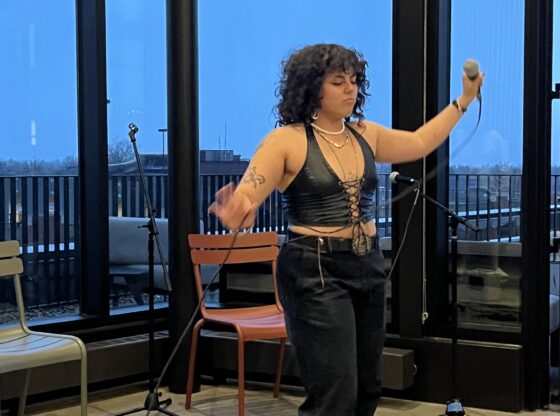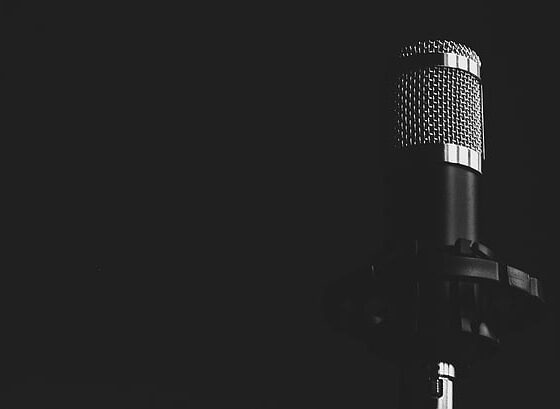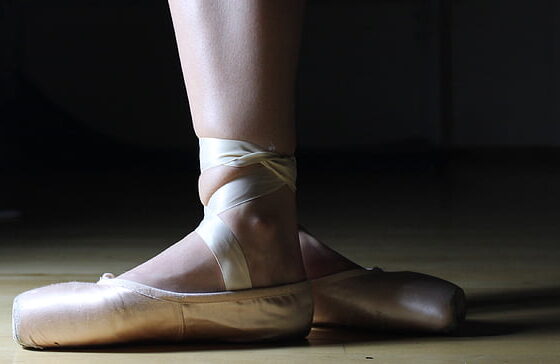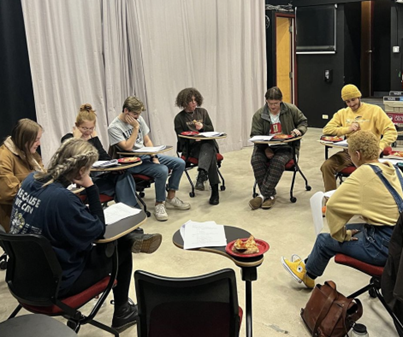If Lily Allen’s age means anything in the music industry, it is that with experience comes fearlessness. “Sheezus,” released May 4, is a much needed social commentary on her competition, social constructs and feminism in her own satirical twist.
“Sheezus” is Allen’s third studio album and features two already popular tracks, “Hard Out Here” and “Our Time.” But while lightheartedness is present in this newest album, so is frustration. In what seems to be a reflection of the recent sphere of pop culture, Allen gives fans a unique perspective on what it means to be “relevant.”
In the eponymous single “Sheezus,” a bold-faced Allen transforms into something of a monster, with added help of the backbeat and creepy vocal hook. Her usual cute voice becomes dark and focused, and the soft chorus in the background contributes to the melodramatic and theatrical sound of the song. The theme of this particular song has to do with the rivalry often felt by female singer-songwriters, whether illusory or real. Although much of the female pop-vocalist rivalry is created by the media, the pressure to be better, prettier and more successful is never-ending for women in the industry.
The lyrics talk of several of the bigger pop stars, Allen singing “Ri-Ri isn’t scared of Katy Perry’s roaring / Queen B’s going back to the drawing / Lorde smells blood yeah she’s about to slay you / We’re all watching Gaga, L-O-L, haha,” commenting on the competition each must face in order to stay popular. But like past hit singles, Allen’s newest video proves that satirical commentary need not make a boring record. Even though the song includes some of Allen’s personal input about social structure and what it means to be a star today, “Sheezus” might be exactly the kind of single that the music industry desperately needs. Allen expresses her anger best, in the jaunting line, “Second best will never cut it for the divas / Give me that crown, bitch, I wanna be Sheezus.”
In “Hard Out Here,” the vocals reflect Lily Allen’s disgust with modern beauty standards, and the idealization of certain dichotomies of beauty as she sings, “If you’re not a size six, then you’re not good looking / Well, you better be rich, or be real good at cooking / You should probably lose some weight ‘cause we can’t see your bones / You should probably fix your face or you’ll end up on your own.”
This is Allen’s first album since the birth of her two children and recent marriage, and her unhappiness with unrealistic beauty standards is clearly still a theme in her work. Just like the song “22,” from “It’s Not Me, It’s You,” she reflects on fleeting youth and the ridiculousness of aging about which many young women worry about. The chorus is a catchy tune, and the entire song is upbeat despite the seriousness of Allen’s vocals.
The cover of the album features Allen in the center of a staircase with the latin phrase, “Divide et Impera,” displayed behind her, which can be directly translated to “Divide and Rule.” She retains her crown as British pop royalty in “Sheezus,” because this album fits her style but pushes past her usual glass ceiling.
“Air Balloon” and “Our Time” are far less serious, and both feature an uplifting chorus and typical catchy Allen vocals. The blend of dance-like, feel-good tunes and intensely-driven vocal performance provides the glue that makes this album work well as a whole.
One of the last lines in “Hard Out Here” is the perfect culmination of the attitude reflected in this album: “And if you can’t detect the sarcasm you’ve misunderstood.” This album is proof of Allen’s staying power. For anyone curious on how a pop star can evolve gracefully and keep growing creatively, look no farther than “Sheezus.”

